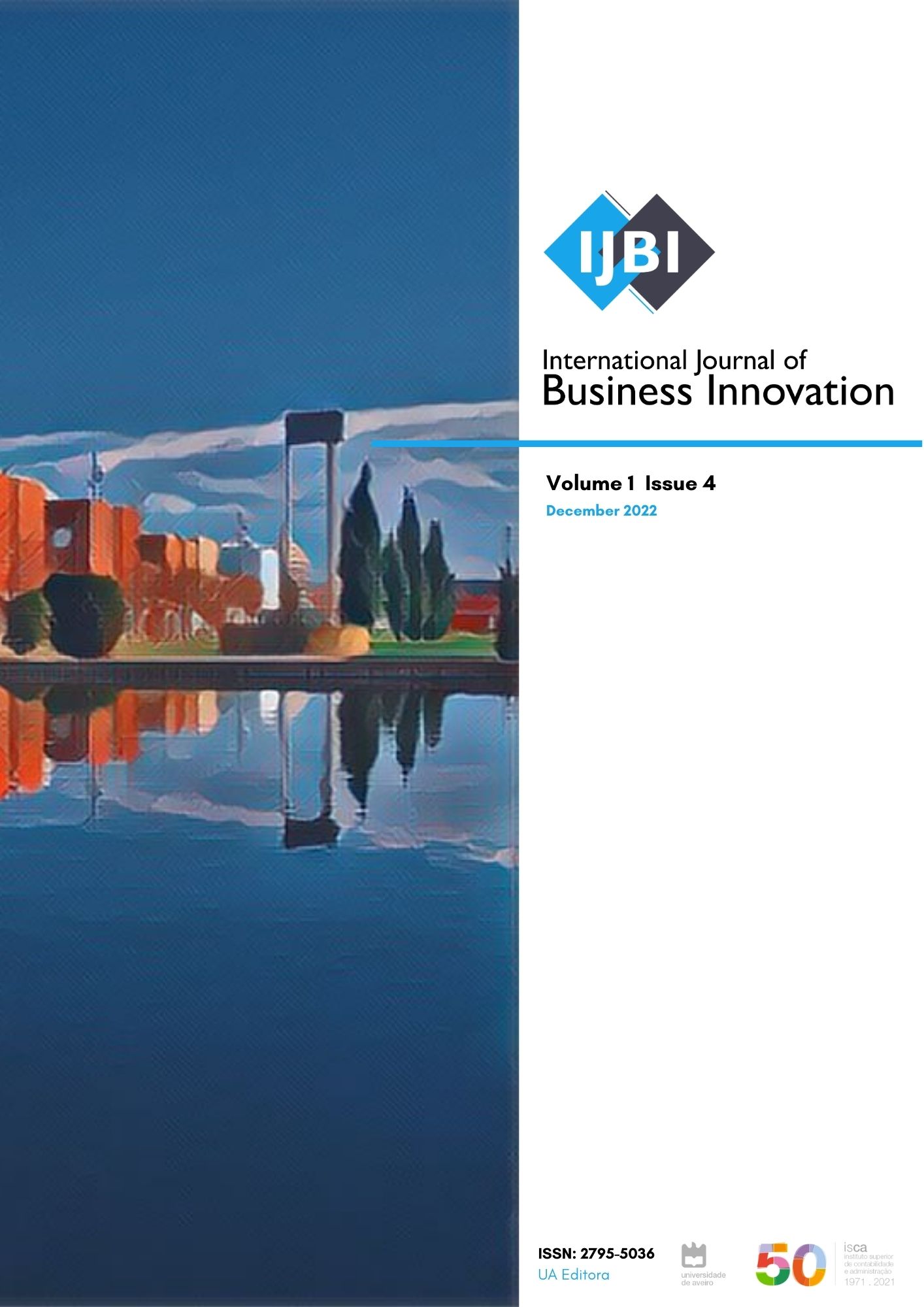The Main Gaps and Nonconformities Identified in the Accountability in SNC-AP
DOI:
https://doi.org/10.34624/ijbi.v1i4.30462Keywords:
New Public Management, SNC-AP, Financial Statements, Legal Certification of AccountsAbstract
This research study is part of the issue of public accounting with the national standards, in terms of the quality of financial information and perspective of external control of Portuguese Polytechnics (PP). Specifically, this study has two main objectives: (1) study the application of the new public accounting model based on IPSAS (SNC-AP) by PP, and (2) understand the main gaps and nonconformities identified by the external audit. The analysis focuses on the period from 2018 to 2020. The theoretical approach focuses on coercive and normative isomorphism inspired by institutionalist arguments, namely the New Institutional Sociology (NIS). The methodology followed a qualitative approach of an exploratory nature through the analysis of the content of the financial statements (FS) and the legal certification of accounts (LCA) of the PPs disclosed in the period of implementation of the SNC-AP (2018-2020). The main results show that entities have paid more attention to formal compliance with the presentation of the financial statements, neglecting some more specific aspects such as the disclosures and descriptions in the Annex and the recognition of income with and without consideration. Through the LCA, it was noticed that the auditors issued different emphases and reservations in the period under analysis in order to point out the aspects where there is no compliance with the regulations. The theoretical line of coercive isomorphism, inspired by the NIS, can help to explain these results insofar as law imposed the SNC-AP as well as the external audit based on the ISAs and are mandatory, which leads the entities to demonstrate compliance. The study helps to clarify the process of transition to the new accounting regulations by the PPs, and can be generalized to other contexts and sectors of public administration. In practical terms, the results help to clarify areas where there is a need for more training and clarification on the part of professionals in order to increase compliance with the new regulations.
References
Downloads
Published
Issue
Section
License
When submitting an article to the IJBI, authors certify the following clauses:
-
Originality and single submission– The contents presented in the article have not been published previously in whole or in part, and were not submitted or are not under active consideration elsewhere prior IJBI decision. The article must be authentic and does not contain plagiarism.
-
Authorship– All authors reviewed the article, agreed with its content, and agreed to its submission to the IJBI.
-
Conflicts of interest– Any conflict of interests must be declared. If authors have no declaration, it should be written (in the acknowledgments section): “The authors declare no conflict of interests”.
-
Ethics committee and informed consent(if applicable) – The research must be approved by an independent ethics committee and subjects gave their informed consent before they were enrolled in the study.
- Authors retain copyright and grant the journal the right of first publication with the work simultaneously licensed under a Creative Commons CC BY 4.0.



